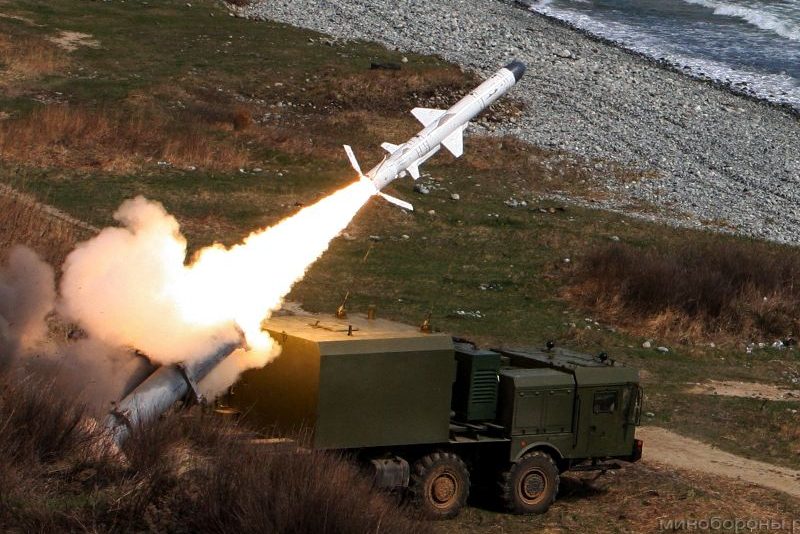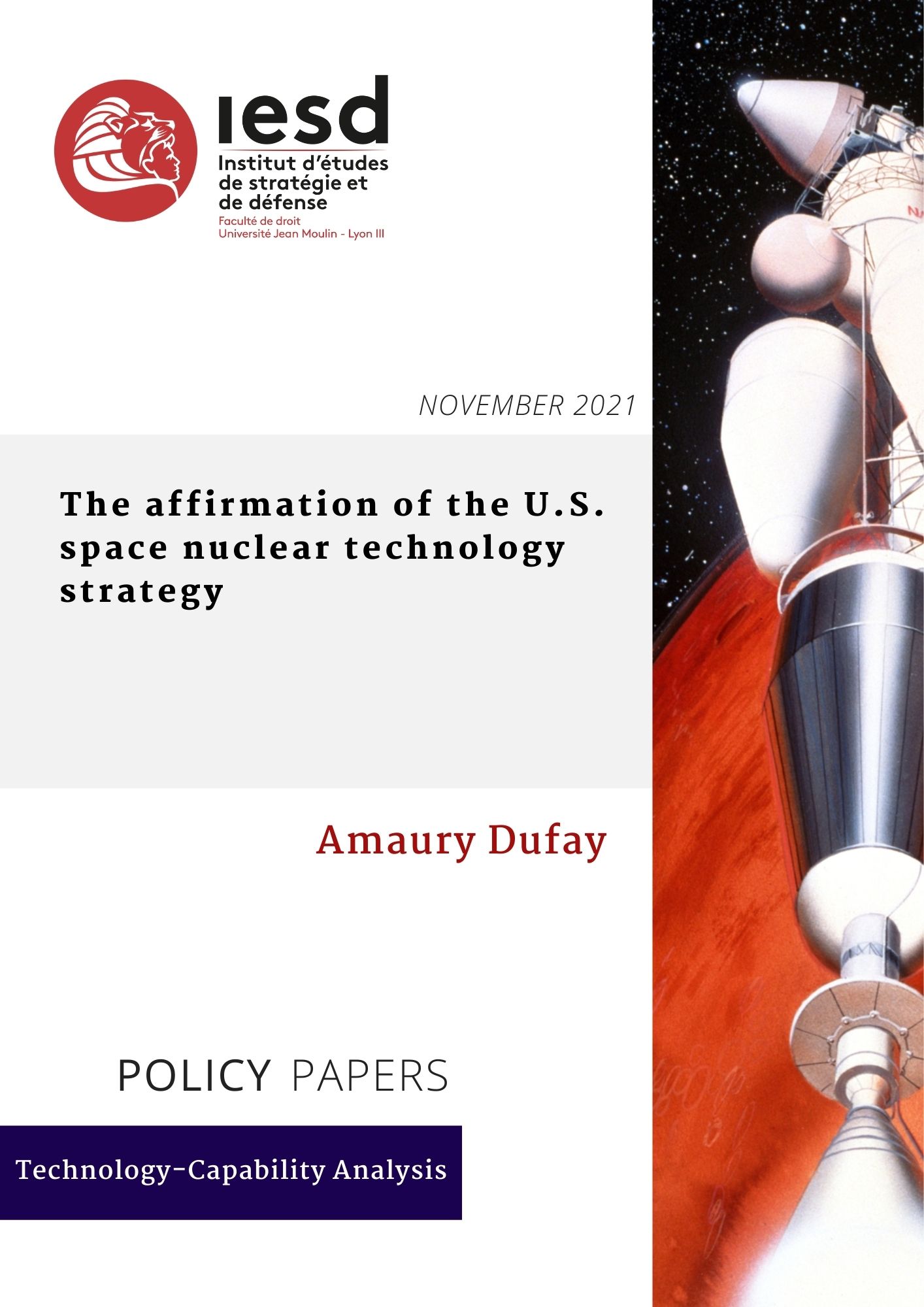
The affirmation of the U.S. space nuclear technology strategy
Abstract
Since 2017, U.S. interest in space-based nuclear power applications appears renewed. In a context of growing international competition, these applications are even receiving increasingly structured political support. The objective of this note is to examine these developments in order to put into perspective the issues that accompany them. Although primarily intended for interplanetary exploration (surface energy supply and high-performance propulsion), space nuclear technologies remain dual. By their very nature, they pose proliferation problems that are of interest to the field of law as well as to strategic studies and international political science. These technologies also constitute a challenge in terms of perceptions, insofar as they have a definite impact on the way public opinion perceives the security orientation of space policies by governments and international organizations.
About the Author
Amaury Dufay is studies manager in the Space task group of the Institute of Strategy and Defense Studies (IESD). He is a specialist in the technological and capability dynamics of New Space. His expertise is particularly focused on the strategic issues of advanced propulsion systems, weaponization and space tactics.
Nuclear thermal propulsion consists in using a nuclear reactor core to heat a propellant mass


Technology-capability analysis

The silent masters of the oceans: the strategic and non-proliferation implications of nuclear-powered submarines in Australia and Brazil
At the International Atomic Energy Agency (IAEA) General Conference in 2022, Director General Rafael Grossi emphasizes that “the world of nuclear proliferation and safeguards is changing,” and that this change creates important technical and political challenges. The announcement of the AUKUS agreement and the progress of Brazil’s nuclear-powered submarine program reflect regional geopolitical realignments. Internationally, the IAEA safeguards system is challenged by these developments insofar as they entail risks of nuclear proliferation. How does the acquisition of nuclear-powered submarines impact both the regional and international strategic balance and nuclear non-proliferation norms? The purpose of this research note is to analyze the geopolitical motivations of nuclear-powered submarine programs in Australia and Brazil and their implications for nonproliferation instruments.
𝐉𝐚𝐧𝐮𝐚𝐫𝐲 𝟐𝟎𝟐𝟑
The Nuclear Sea-Launched Cruise Missile (SLCM-N): Implication for U.S. nuclear strategy and arms control
In May 2021, soon after taking office, the Biden administration confirmed the decision to fund the NucleaSea-launched Cruise Missile (SLCM-N), one of the most controversial programs of Donald Trump’s term. The decision was received with surprise by some analysts: Joseph Biden had argued against this new weapon during his campaign. Finally, after considerable discussion within the government and the armed forces, the Democratic administration appears to have reconsidered its decision and canceled the SLCM-N program.

Model digital transformation for Defense organizations : In search of the Fit
Defense organizations have always been confronted with the question of integrating technological innovations. These technologies can be used in the context of operational actions, but they also serve to improve the performance of defense organizations (Joint forces headquarters, planning staffs for example).
À lire également

The missile standoff: ballistic considerations of the war in Ukraine
On February 24, 2022, after a few months of strategic uncertainty on the Russian-Ukrainian borders, Russian President Vladimir Putin launched a military offensive in Ukraine. This attack confirmed the aggressive intentions of Russia, which had amassed military forces on the Ukrainian border since December 2021. It also confirmed the concretization of Russia’s efforts to remain a major power in the ballistic field.

The legal consequences of the nuclearisation of Belarus
Belarus, which borders Ukraine and Poland, has just changed its constitution to become a nuclear state. The referendum of 27 February 2022 approved the proposed constitutional amendments by more than 65%, thus ending the previous status of the Belarusian territory, which had been designated as a neutral and non-nuclear zone. The amended version should also include an article excluding military aggression from Belarusian territory, which would legally allow for the deployment of nuclear weapons by its ally, Russia.
Between force and space diplomacy: the Russian Nudol missile invites itself to the negotiating table
Since November 15, 2021, and the firing of the Russian Nudol missile which caused the destruction of an old Russian spy satellite, Cosmos 1408, dating from the Soviet era, the debate has mainly revolved around the debris created by the impact, which is now spreading in an alarming manner. These thousands of pieces, some of which are tiny and difficult to detect, are all potentially destructive to space assets and astronauts on the International Space Station (ISS), located not far from the impact site.


